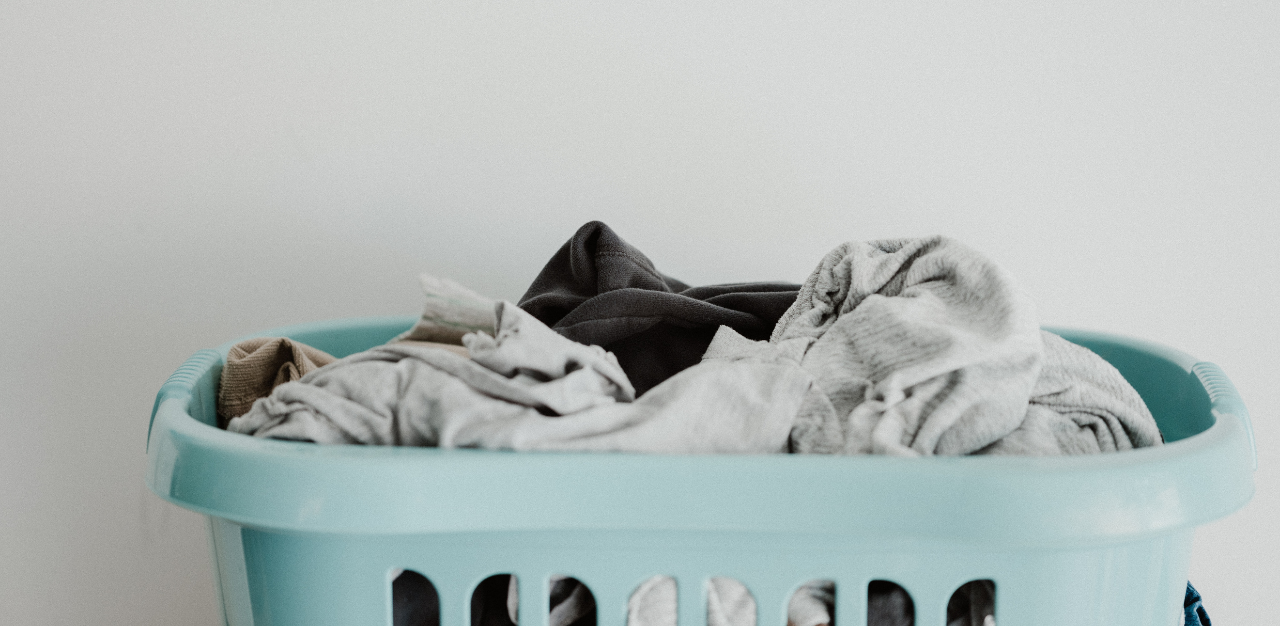Having been a teacher for only two years while in her twenties, Mrs Theresa Neo decided that her priority was raising her family. Now at 70 and a homemaker for more than 40 years, it is no wonder Mrs Neo takes pride in doing her household chores.
“When I stopped working many years ago, I told myself that this is what I was going to do and I would do it well. So I looked after my children, looked after my husband, and took care of the housework,” she says.
Her daily routine, until today, includes waking up at around 7am, going for a walk at the park or to the market for groceries, then coming home to have breakfast with her husband. She adds that she cooks all the meals, sweeps and mops daily, and does the laundry. “When my daughters come over to eat, they still say my food is good. I like to cook for my husband because food tastes better at home,” she chuckles.
Mrs Neo’s dedication to her household chores has served her and her family well. She believes that it has kept both her mind and body active and alert. “It makes me feel good,” she says. “If I am not moving around and active, sooner or later I will not feel like moving. This is how old people become — so tired and that all they want to do is stay on the sofa or sleep.”
Aging and how it affects cognitive function
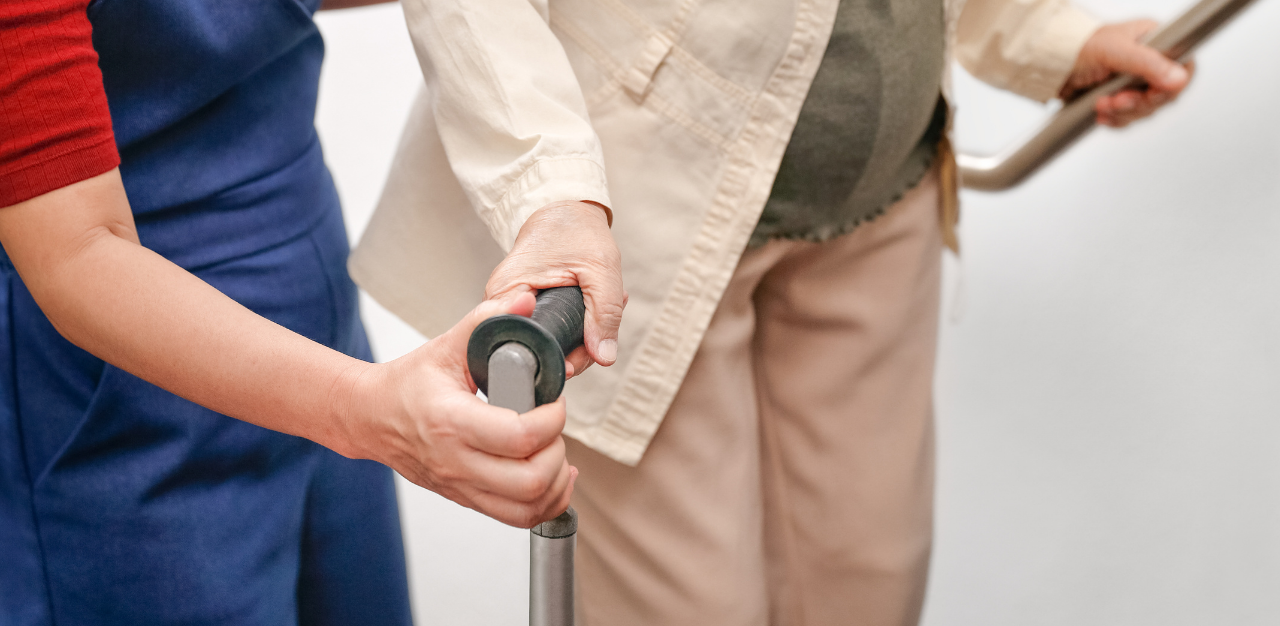
For some elderly, aging can be a daunting matter. Getting older is usually associated with decreased muscle strength, joint flexibility, endurance and physical fitness.
In addition, aging also causes structural changes in our brains. For one, our brains shrink in volume, particularly the frontal cortex, affecting cognitive functions, like causing memory to decline. Research also shows that cortical density decreases too. This refers to the number of connections between neurons, and might lead to lower processing.
Dr Rachel Cheong, a consultant at the Department of Geriatric Medicine at Khoo Teck Puat Hospital (KTPH) adds that aging is usually associated with slowing down in processing, planning and multitasking. “The risk of developing dementia is also higher with age. For instance, 1 in 10 older adults aged 60 years and above in Singapore has dementia.”
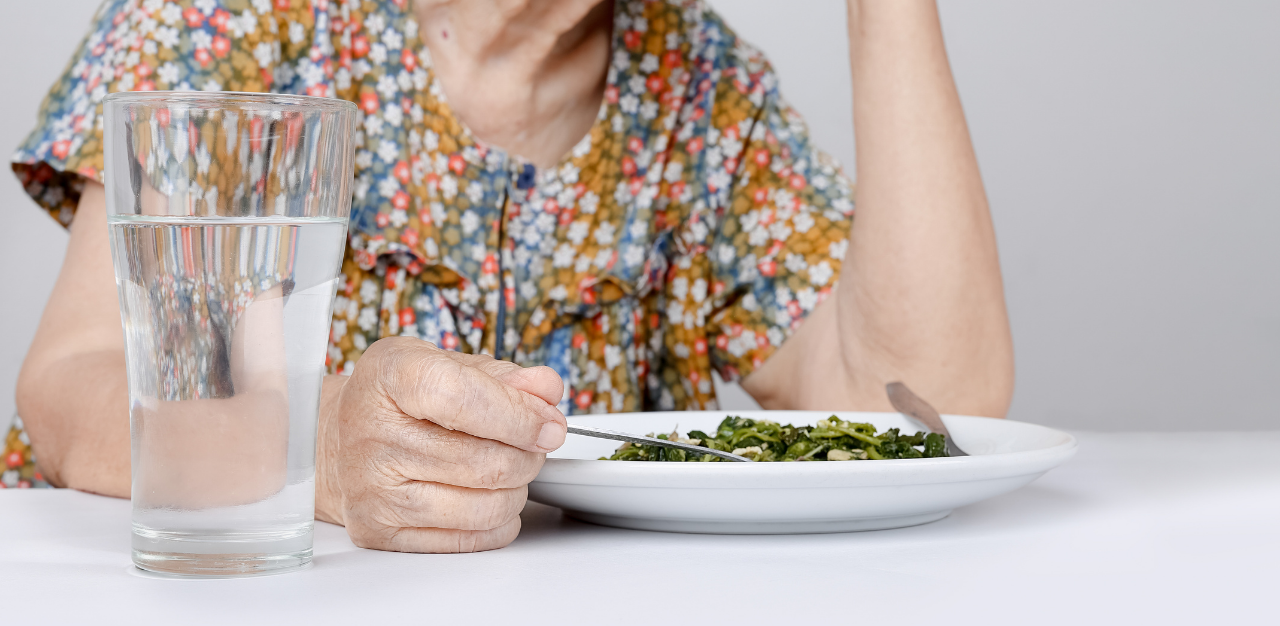
So, as you age, you may find that it is common to have difficulties remembering the name of someone you just met, or recalling details of a recent conversation. You may also misplace objects, or miss dates and appointments more frequently, she adds.
However, a recent study has found that doing regular housework helps seniors stay mentally fit, and have better memory and attention span.
Effect of housework on mental and physical abilities
The study, funded by the Singapore Ministry of Health Geriatric Education and Research Institute (MOH-GERI), had recruited over 500 adults aged between 21 and over 90. All of them live in Yishun, had no cognitive issues and fewer than five underlying conditions.
Associate Professor Wee Shiou Liang from the Singapore Institute of Technology led the study. He says the team performed detailed assessments of physical and cognitive performance and body composition on the 500 participants who provided information about their levels of physical activity, including how long they spend doing housework.
“Our results showed that housework is associated with sharper mental abilities and better physical capacity among the older age group,” Prof Wee says.
For instance, heavy housework, which includes window cleaning, changing the bed and washing the floor, was associated with a 14 per cent higher attention score, while light housework, such as washing up, dusting and ironing, was associated with a 12 per cent and an 8 per cent higher short- and long-term memory scores respectively.
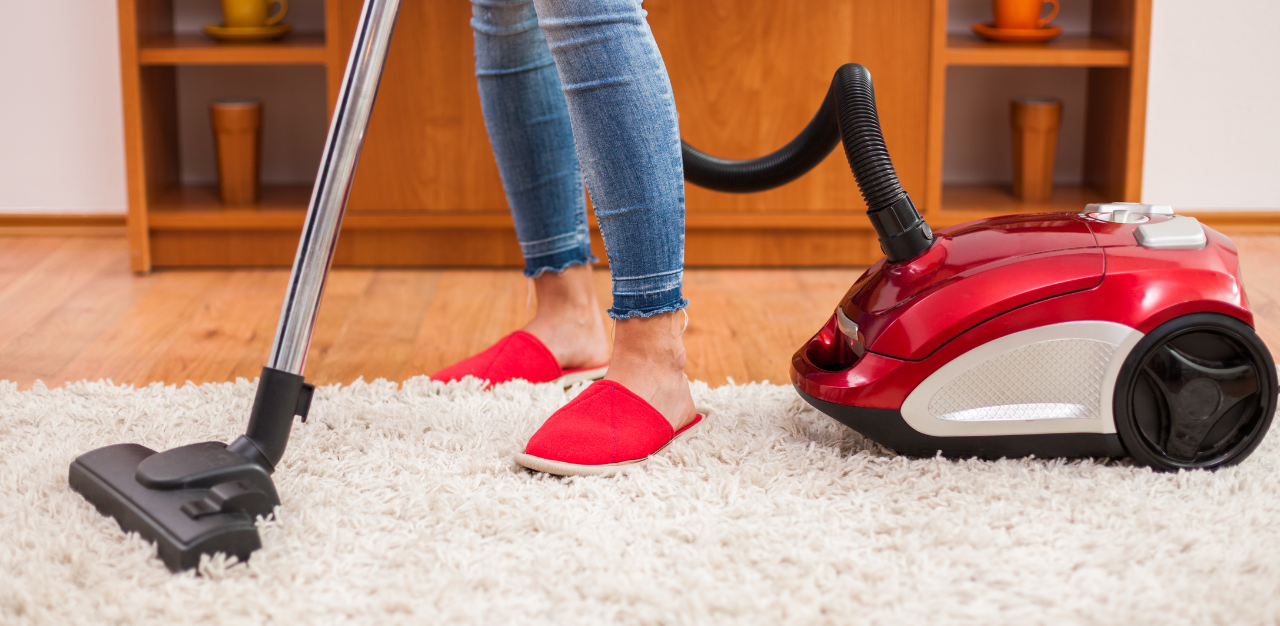
Prof Wee adds that together with earlier research findings, the results suggest that the higher cognitive, physical and sensorimotor functions related to heavy housework might be associated with a lower fall risk among the elderly. “Incorporating physical activity into daily lifestyle through housework has the potential to achieve higher physical activity – positively associated with functional health,” he says.
However, he says that the same benefits are not seen among younger people, possibly because they are already fitter and therefore started from a higher baseline. “Education level is positively associated with baseline mental agility and slower cognitive decline, which likely explains the difference in the impact of housework between the two age groups. The higher education level of future generations will offer more protection through higher cognitive reserves,” Prof Wee adds.
Dr Cheong also notes that physical activities like housework improve brain health and reduce the risk of developing cognitive impairment, including staving off dementia. “Physically active older adults experience less brain shrinkage than those who are not” she says. She adds that physical activities improve muscle strength and function, enhance flexibility and balance, and reduce fall risk.
She cautions, though, that there are definitely differences between exercise and housework, and we cannot draw any conclusion yet on whether housework can entirely substitute exercise. “But housework is a routine activity for many older adults, and it is a good form of physical activity for this population,” she says.
Benefits of physical activity for the aging brain
The study is not the first to reveal that more activity can improve cognitive function. A 2019 University of Iowa study found that a single bout of exercise can improve cognitive function and brain memory in some older individuals.
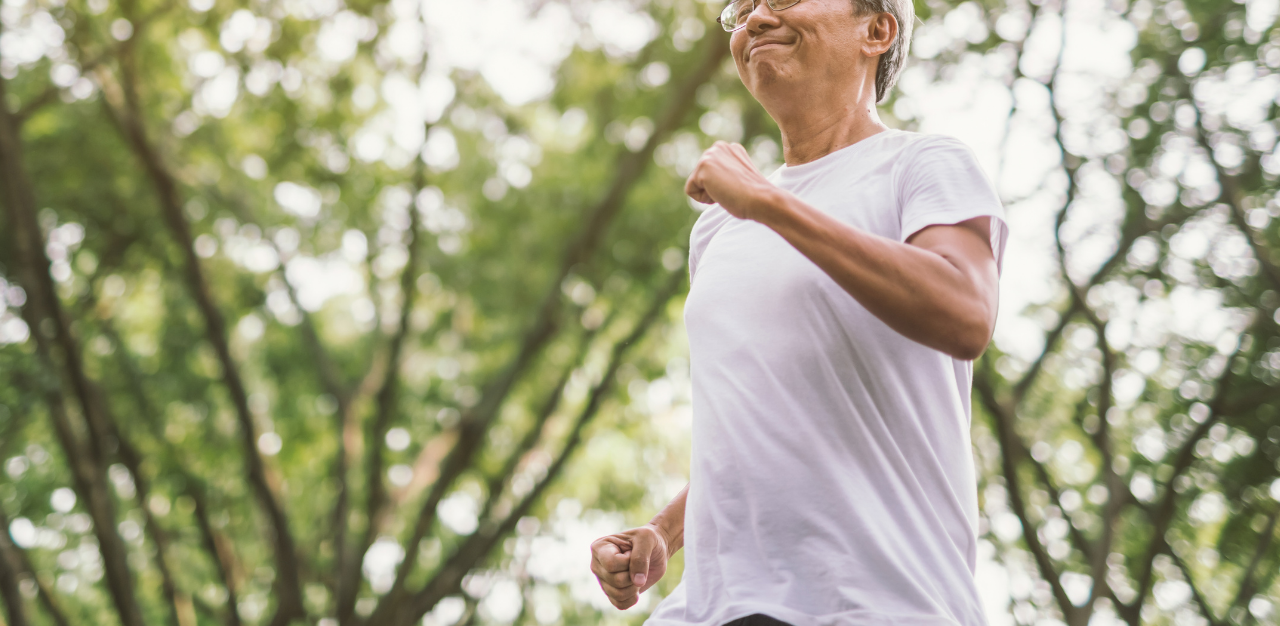
Dr Cheong adds that there are many studies that have shown that exercise is associated with a reduced risk of all types of dementia, including Alzheimer’s disease. The studies also show that mortality is reduced by bringing down the risk of developing cardiovascular diseases and diabetes mellitus.
Besides physical and mental benefits, there are also several other benefits to keeping active.
1. Prevention of disease
Studies show that regular physical activity can prevent many common diseases, such as heart disease and diabetes. Dr Cheong says that there are studies that show reduced mortality by bringing down the risk of developing cardiovascular diseases and diabetes mellitus. In addition, physical activity can improve one’s overall immunity. against bacteria and viral infections.
2. Better social engagement
Some seniors may choose to participate in large-group activities, like morning Tai-Chi sessions or group runs with other people of similar interests to sustain the motivation. Such activities can be a fun social event, and help older individuals feel a sense of purpose and avoid loneliness and depression.
3. Promotes sleep
As one ages, duration and quality of sleep may decline. But some studies show that an active lifestyle can help older people get better quality rest. Physical activity can raise one’s core body temperature and encourage better sleep when you cool down.
4. Improves mood
Exercise helps us feel good and more relaxed. Endorphins or feel-good hormones that are released after physical activity eases anxieties and create a sense of well-being. This 2019 study found that the mood-boosting effects of exercise can continue well into one’s golden years.
Are Singaporeans active enough?
So, are our seniors reaping all the benefits that come with keeping physically active?
Dr Cheong points to a local study that showed that one-third of older adults aged 60 and above are sedentary for eight hours or more daily. “Some of the reasons cited include a lack of time, companionship for the activities, or absence of suitable facilities to conduct the exercises,” she says.
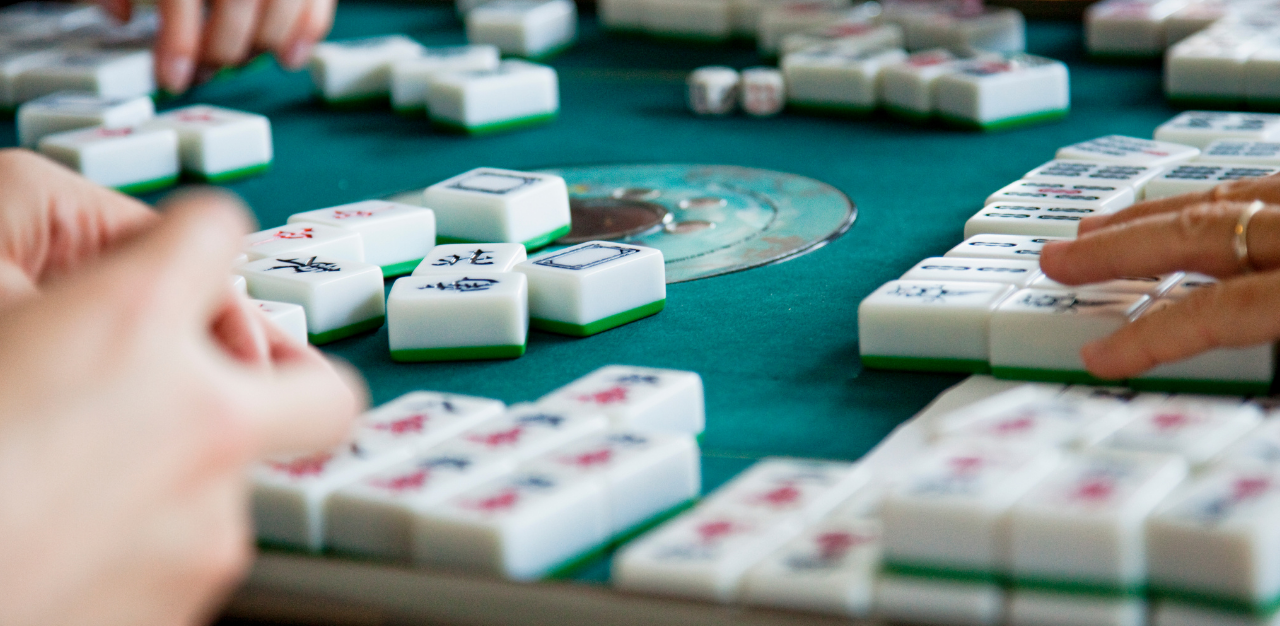
Other reasons quoted in the study include fatigue, a lack of motivation, uncertainty on how to proceed, and a perception that one is already sufficiently active.
Dr Cheong advises that some simple ways for seniors to keep active include partaking in their instrumental daily activities, such as grocery shopping and taking public transport; as well as in social activities, like singing and dancing classes.
Other ways that one can improve or maintain cognitive function as one ages include having a good diet. For instance, too much salt and sugar can raise one’s blood pressure, damage delicate blood vessels in the brain, and impair blood flow to the brain.
You can also keep your mind active by playing games like scrabble or Mahjong, picking up a new skill, or by volunteering your time to help others.
And for those who find it challenging to start exercising or try new activities, a good starting point could be doing household chores.
As Prof Wee says, “It’s a purposeful activity, part of the routine for some older people, and many also enjoy it as part of life.”
Join the conversations on TheHomeGround Asia’s Facebook and Instagram, and get the latest updates via Telegram.
